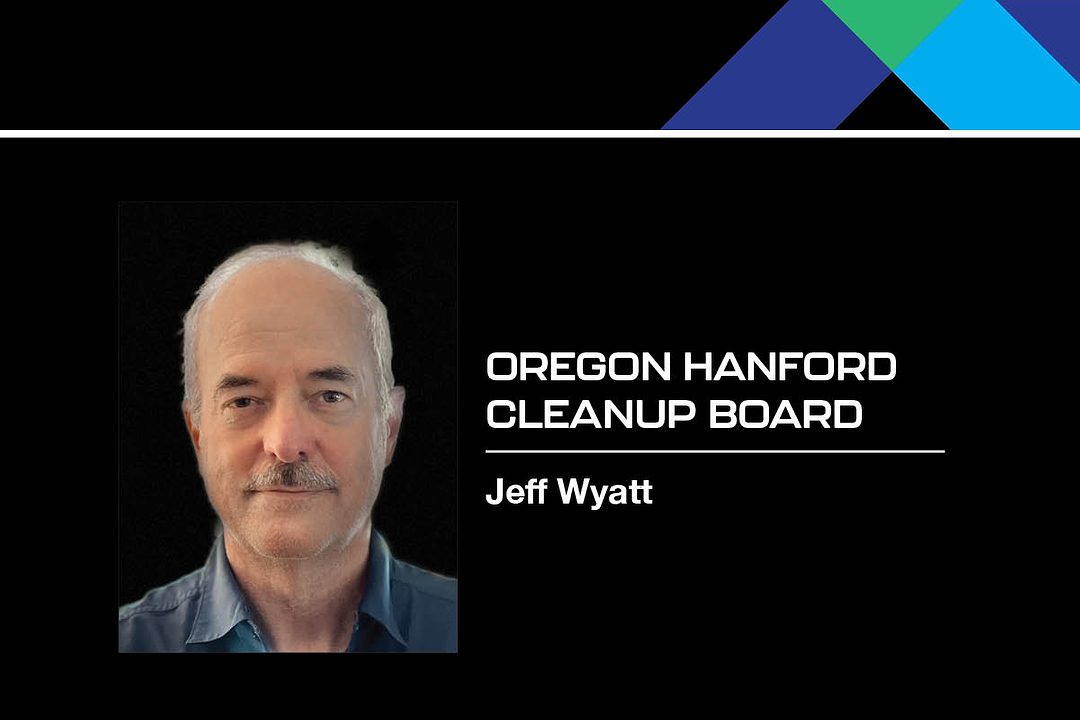
Home » Hanford agreement needs more transparency, accountability
Hanford 2025
Hanford agreement needs more transparency, accountability

April 14, 2025
The state of Oregon has long been a strong advocate of funding for the Hanford cleanup and regularly provides input through the Oregon Hanford Cleanup Board and the Hanford Advisory Board.
This past year, the long-awaited Holistic Agreement for Hanford was unveiled after nearly four years of closed-door talks, promising to accelerate the cleanup of the western hemisphere’s most contaminated site.
While this agreement between the U.S. Department of Energy (DOE), the Environmental Protection Agency, and Washington state represents a critical step forward, it lacks clear commitments to address the concerns of the state of Oregon, tribal governments and the public with regard to the solidification and transportation of liquid tank waste.
Unresolved issues
Three unresolved issues demand attention to assure that the cleanup, transportation and disposal of radioactive waste will continue to merit public support.
First, the agreement leaves open whether Hanford’s high-risk liquid tank waste will be solidified before transport to disposal sites in Texas or Utah, or whether the process will occur after a hazardous cross-country journey.
The city of Bend is on record stating that transporting “waste in a liquid form poses significantly more risks to our community than waste in a solid form.”
Despite a letter from the governor of Oregon strongly opposing transporting liquid waste without first solidifying it, DOE has not ruled this option out or made a clear commitment for public consultation with potentially affected communities.
Second, the draft agreement is silent on how this waste will be transported – whether by rail or truck – despite the fact that hundreds, if not thousands, of shipments will pass along the rivers and through populated areas of Washington, Oregon and sovereign tribal lands for decades to come. The lack of public engagement on this critical decision must be addressed. The state of Oregon opposes transportation of liquid radioactive waste across the state by any means, and strongly supports grouting of tank waste at Hanford prior to offsite shipment.
Third, the agreement fails to clarify how federal agencies will comply with the National Environmental Policy Act, which mandates a thorough evaluation of alternatives for waste transport. Given the immense risks involved, a public timeline and roadmap for assessing these options is essential.
Transparency is key
Oregon remains committed to ensuring that Hanford cleanup moves forward swiftly and safely. But speed cannot come at the cost of transparency, public trust and environmental responsibility. The Trump administration must guarantee meaningful public participation before locking in decisions that will affect communities across the Pacific Northwest for decades to come.
As the incoming administration seeks to impose broad federal spending and personnel cuts, there is growing concern that essential cleanup activities at Hanford could be jeopardized. If cost-cutting measures compromise environmental safety or public engagement, the region’s long-standing support for the project could weaken, threatening both the pace of progress and the commitment to long-term funding.
Jeff Wyatt is chair of the Oregon Hanford Cleanup Board.
Hanford
KEYWORDS April 2025
Related Articles
Related Products





